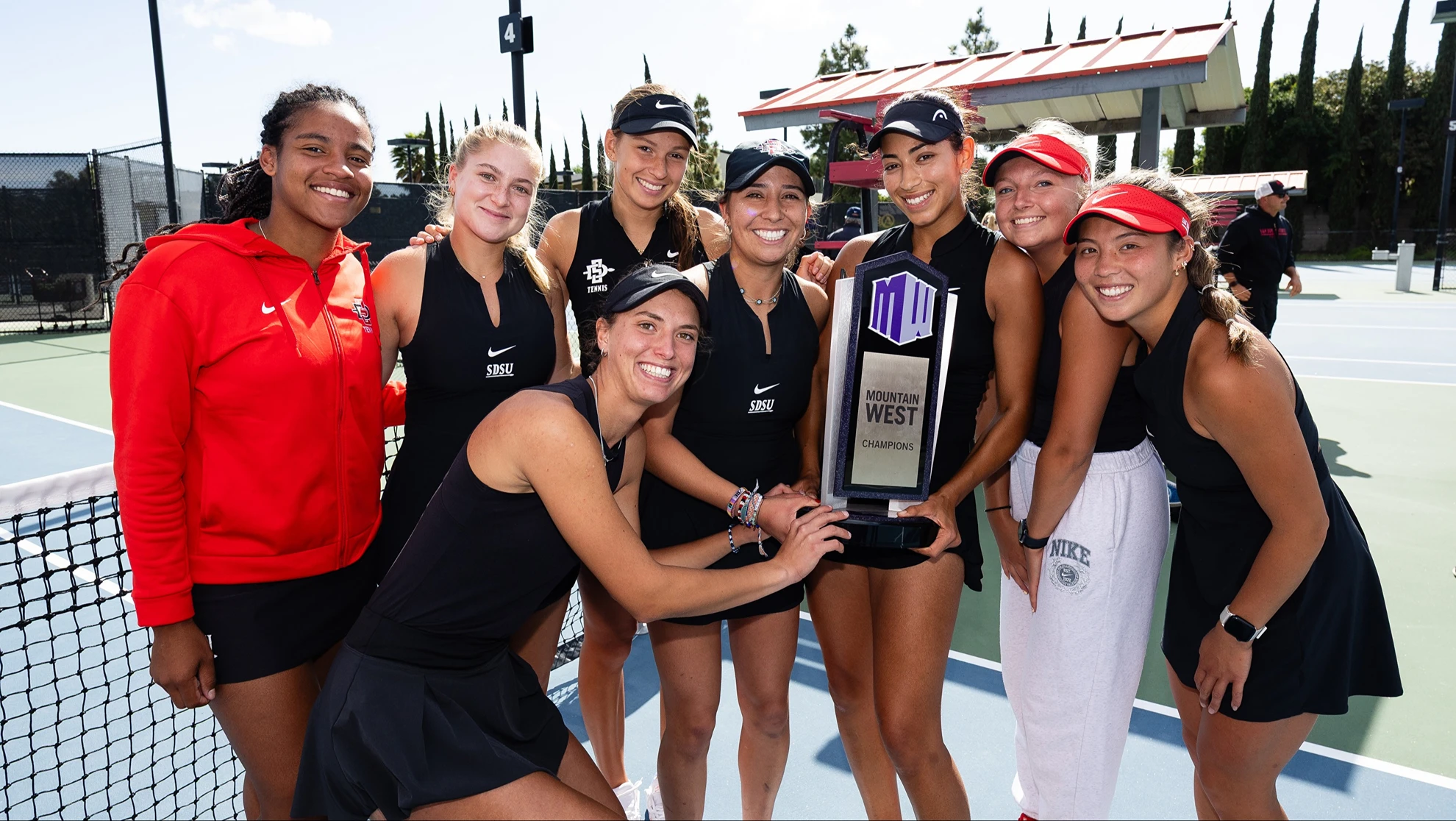SDSU Anthropologist Elected to National Leadership Role
Researcher Ramona Prez, who will head the American Anthropological Association, has spent a lifetime immersed in different cultures and exposing students to new experiences.

“In my research on the border, I work with street children to document their stories.”
San Diego State University anthropologist Ramona Pérez in November will step into the role of president-elect/vice president of the American Anthropological Association (AAA) and assume the office of president at its 2021 meeting. Pérez, who spearheads key cultural programs at SDSU, will lead the largest association of anthropologists in the world, with more than 10,000 members.
Pérez obtained her undergraduate degree in anthropology at SDSU in 1992, then attended the University of California, Riverside for her master’s and Ph.D in cultural anthropology before joining the SDSU faculty in 2001.
She is also director of the Center for Latin American Studies, which provides students with opportunities to study abroad, participate in internships on both sides of the border, and enroll in joint graduate degree programs with other schools within SDSU. She is chair of Aztec Culture and Education, and spearheads all activities and projects for the Aztec identity initiative chaired by the SDSU president. In addition, she also chairs the university’s institutional review board which vets all research related to human subjects, from clinical trials to social surveys.
Pérez coordinates three language immersion programs – Nahuatl, Mixteco, and Zapoteco. Nahuatl is the language of the Nahua people who are descendants of the Aztecs and is the most widely spoken of all indigenous languages in Mexico. Mixteco and Zapoteco are the two dominant indigenous languages in Oaxaca, Mexico. The programs attract a wide range of language learners, from police officers to doctoral candidates. Pérez has been taking her students to Oaxaca for summer training since 2002.
Human rights work Pérez focuses on grassroots research, working with indigenous and rural communities in Oaxaca. Her expertise is in female empowerment, community development, and medical anthropology as it relates to food security, nutrition, and lead poisoning. She also works on border issues, observing human rights violations for deportees and unaccompanied minors.
“In my research on the border, I work with street children to document their stories,” Pérez said. “Boys between the ages of 9 to 15 who are deported have no place to go, because shelters are primarily for younger children, women, and older people. I seek to document why boys are caught in the middle and more importantly, what’s going on between our two countries when it comes to unaccompanied minors.”
Her family is from Jalisco in Central Mexico, but Pérez was born in California and grew up in different parts of the world while her father moved around for his work in the U.S. Air Force intelligence services. Her experiences in growing up outside the U.S in a traditionalist Mexican family meant much of her understanding of identity was structured around family, dynamic relocations, and adaptations to different cultures.
It wasn’t until she returned to the U.S. that she realized how her experience differed from her friends’, and that being from a Mexican-American family had significance. After 13 years in corporate banking, her longing for such an understanding led her to study anthropology as a second career in order to pursue what a Mexican heritage meant, how migration impacts families, and the elements within Mexican cultures that perpetuate from one generation to another.
“I’m now documenting the fourth generation of indigenous and rural Oaxacan women and how their lives are changing due to migration, tourism and other economic scenarios that empower them differently from their mothers and grandmothers,” Pérez said.
Long record of service She joined the AAA as a graduate student in 1995 and served as the first graduate student representative of the Society for Latin American and Caribbean Anthropology (SLACA). She was president of SLACA from 2008 through 2011. Pérez has served on several committees to modernize the structure of AAA, and is currently co-chair of its central planning body.
“I was asked to run for president because of my deep institutional knowledge and commitment to advancing our discipline – I’ve served the association for 24 years in leadership roles,” Pérez said. “My hope is to help the association expand its global network and balance the attention given to the four sub-fields of cultural, biological, linguistic and archaeological anthropology while assuring that our colleagues in the private sector are equally represented.” SDSU President Adela de la Torre congratulated Pérez on her election to this prestigious leadership role. “We are very proud to have Dr. Pérez lead the critically important and influential American Anthropological Association. Her depth of experience as an academic administrative leader at SDSU, combined with her national and international research reputation in her field makes her the ideal candidate. There is no doubt that under Dr. Pérez’s dynamic leadership, AAA will continue to flourish and support its diverse membership."
Another SDSU professor will also serve the AAA at the same time, as section assembly convener. Elisa Sobo, chair of anthropology, was elected to the role that will coordinate and represent 40 different sections of the association.
“Our research and publication efforts are very vibrant, and it’s in part due to this that our peers look to us for direction, as Dr. Pérez’s election demonstrates,” Sobo said.



